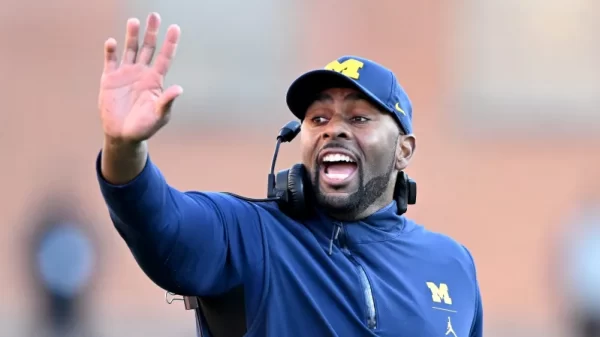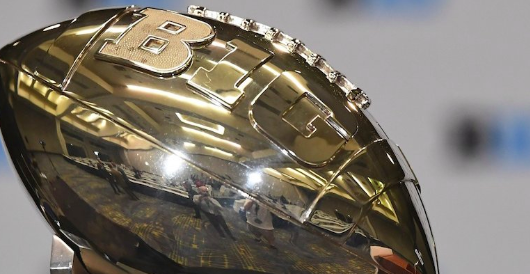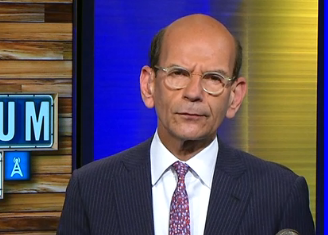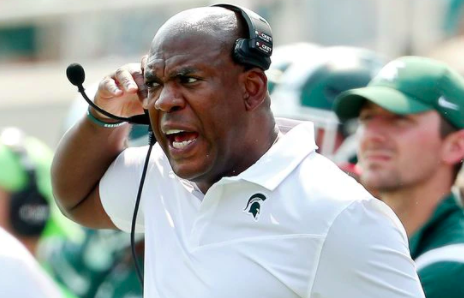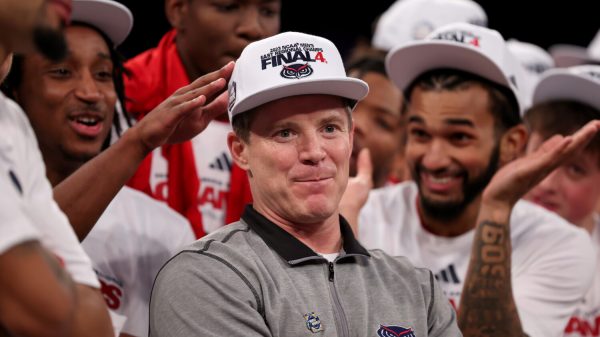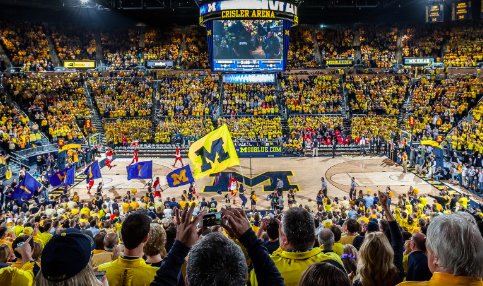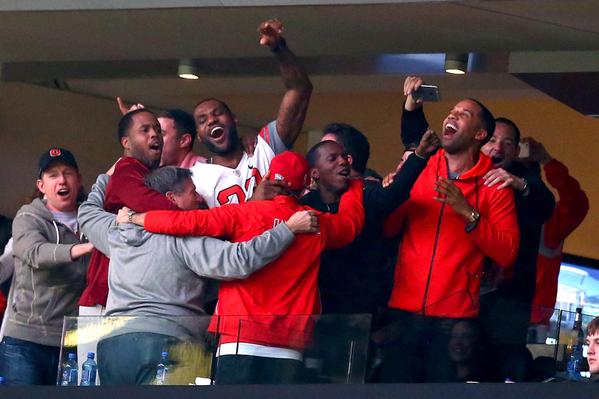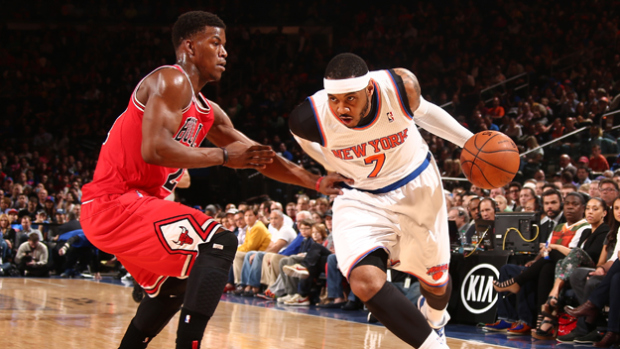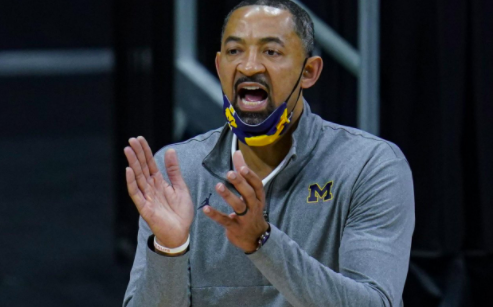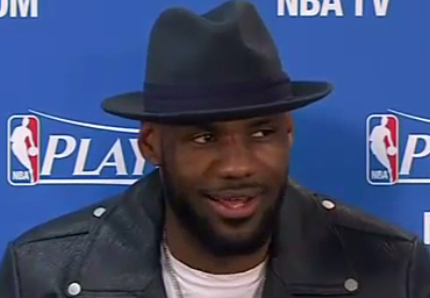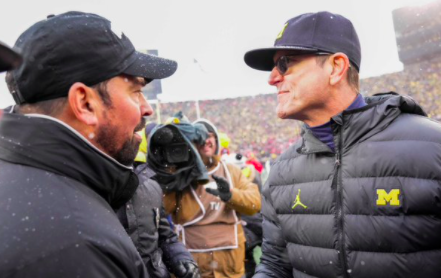Take a look at this tweet from Raj, a transactional lawyer and Michigan fan, analyzing NCAA rules and what has been presented against Michigan so far regarding the sign stealing and potential purchases of tickets:
Michigan Sign-Stealing Scandal: Comprehensive Update
I've been scatter-shot tweeting all day, so thought it would be helpful to consolidate all of my latest views in one spot.
1. In my view, the "Is Michigan Screwed Meter" is still firmly at 50%. Anyone saying (without inside…
— raj.docx (@internetraj) October 24, 2023
1. In my view, the “Is Michigan Screwed Meter” is still firmly at 50%. Anyone saying (without inside information that we are not privy to) with absolute certainty that: (i) this is solely a conspiratorial witch hunt; (ii) Michigan exploited an iron-clad loophole and will get off scot-free; or (iii) Michigan definitely violated NCAA bylaws, Harbaugh knew about it, and UM will be leveled by sanctions and forfeitures, is a complete numbskull and is only contributing to the unhelpful noise around the issue.
2. I had fun today, mostly as an intellectual exercise, dissecting the NCAA bylaws. You might have seen my earlier tweets about whether the prohibition on off-campus scouting applies to “institutional staff members” (and what that term means), why the operative bylaw uses “scout” instead of “attend” (and what “scout” means), and the general legislative history of the opponent scouting prohibition. These are mostly academic issues. In practice, my best guess is that the NCAA will choose an interpretation of the bylaws and simply apply that to UM. If Michigan finds itself in a place where it’s hairsplitting clauses and litigating the meaning of “scout”, they have probably already lost the battle (I also doubt UM would ever get to that point; they would settle / self impose sanctions before then). That being said, the NCAA does still have to adopt an interpretation of Article 11.6.1. In doing so, I think the dispositive issues will be: (A) assuming Connor Stalions paid for tickets for non-UM-employees to attend games, record sideline signals and relay those recordings back to him, do those non-employees constitute “institutional staff members” for purposes of the Bylaws[0]; and (B) what the NCAA views the intent and impact of Article 11.6.1 to actually be. With respect to (A), after re-reading the Bylaws a few times, I think the NCAA does have wide latitude (if it so chooses) in concluding that the non-employees are staff members. UM has a defensible argument to the contrary, but it is not one I’d want to take before a judge or administrative body. With respect to (B), it appears that Article 11.6.1 was created solely as a cost-cutting measure (and not one of competitive equity) and at least one source indicates that the measure was introduced as part of a package of reforms responding to rising gas prices[1]. That, coupled with the fact a legislative subcommittee actually proposed to wholesale delete the prohibition given it was drafted in an era that did not contemplate pervasive televised / electronic recordings and because it had minimal competitive impact, implies that the NCAA (or at least part of the NCAA) views the rule to be of minimal importance from a competition perspective. Ultimately, these are a lot of words to say that the NCAA will act as it wishes, UM is likely at the whim of the NCAA, and a close reading of the Bylaws is useful insofar as it tells us how the NCAA may act.
3. Given the facts that have been reported so far, Occam’s Razor tells us that the most likely scenarios are that Stalions either knew what he was doing was wrong (or at least UM compliance wouldn’t bless his plan) and got reckless and was caught; or he thought he found a defensible loophole but got caught. Either way, I don’t see any outcome other than “Michigan is at the NCAA’s mercy.”
4. The unsexy takeaway: we still don’t have enough facts to push the meter closer to 0% or 100% so we need to do something unnatural to the world of social media: wait for more information.
5. I’m a transactional lawyer (translation: contract monkey), so everything in this and other tweets should be viewed through the lens of me being an idiot and speculating on an issue squarely outside my zone of competence. [0] There’s an alternate argument the NCAA could make that whether or not the attendees are “institutional staff members” is moot because the general clause in 11.6.1 lacks a reference to that term. [1] Belanger, Invisible Seasons, pg. 54.
In this article:

